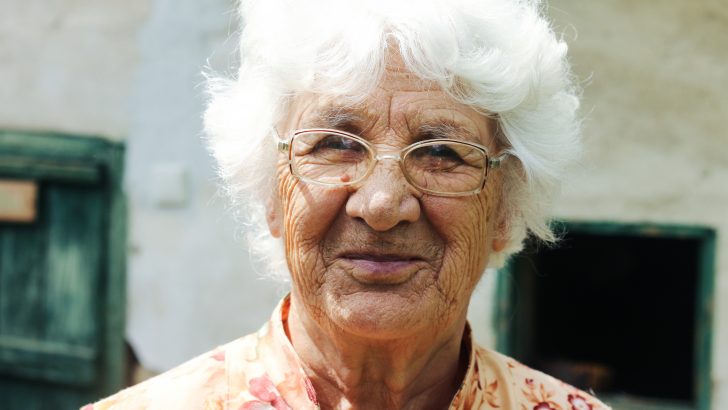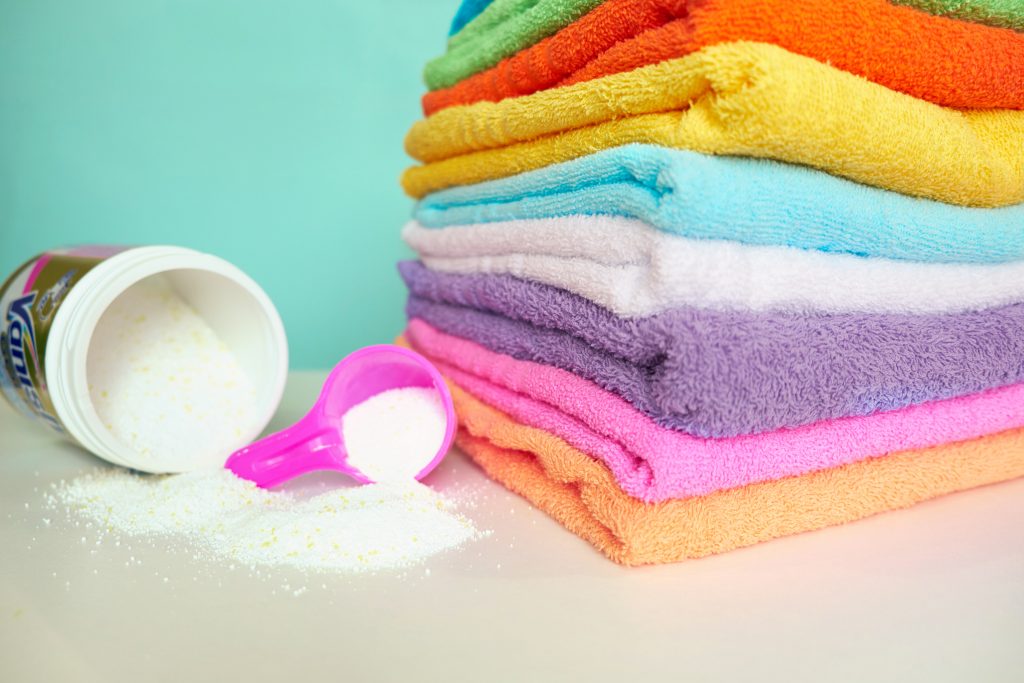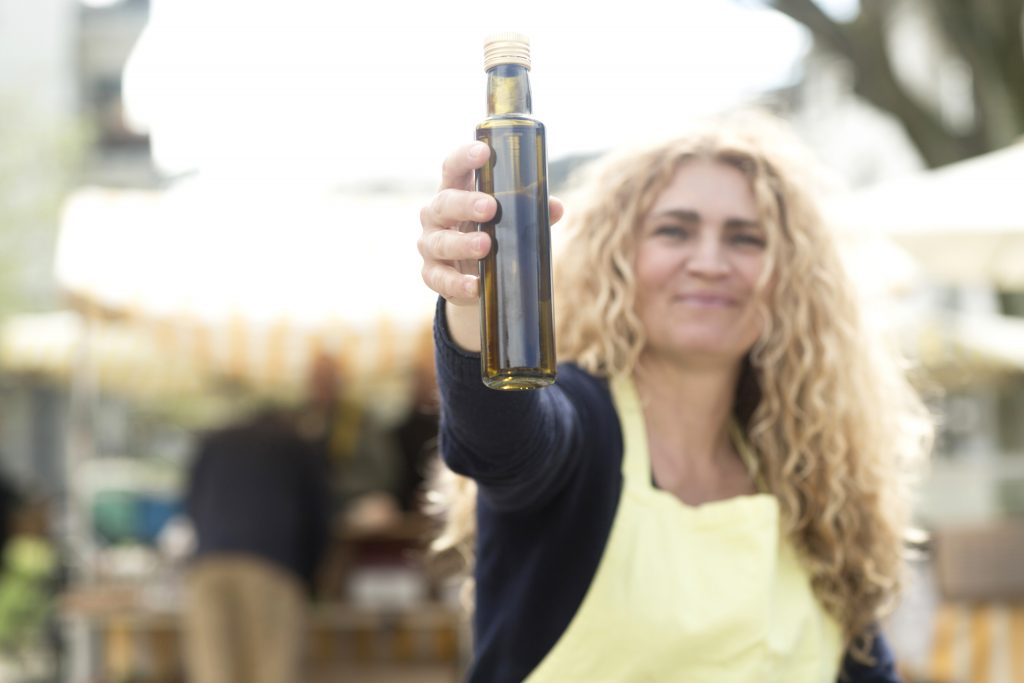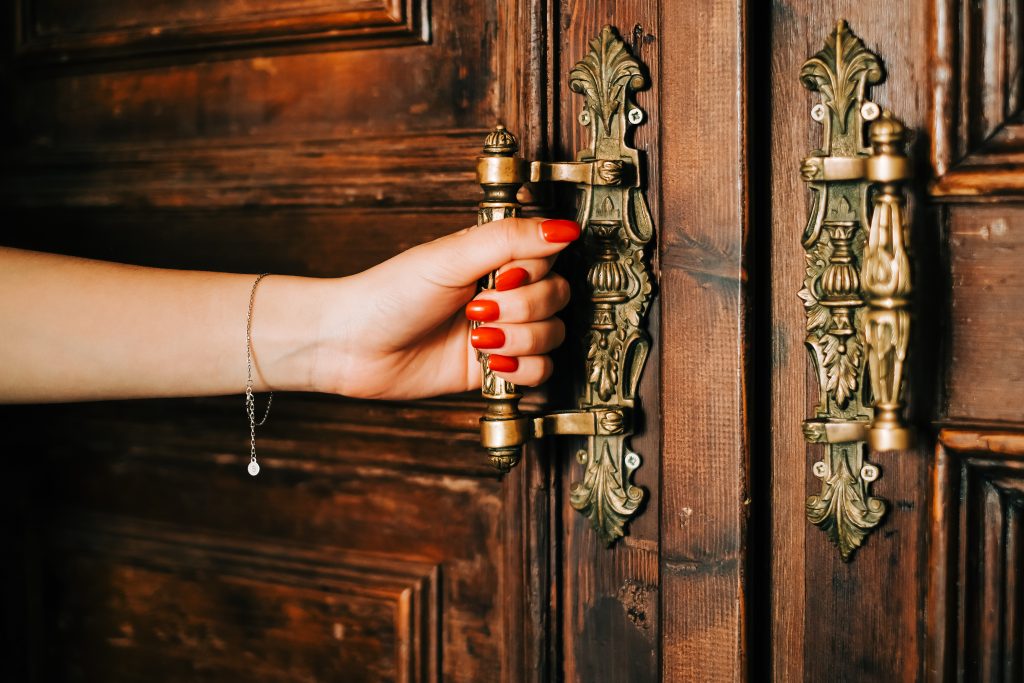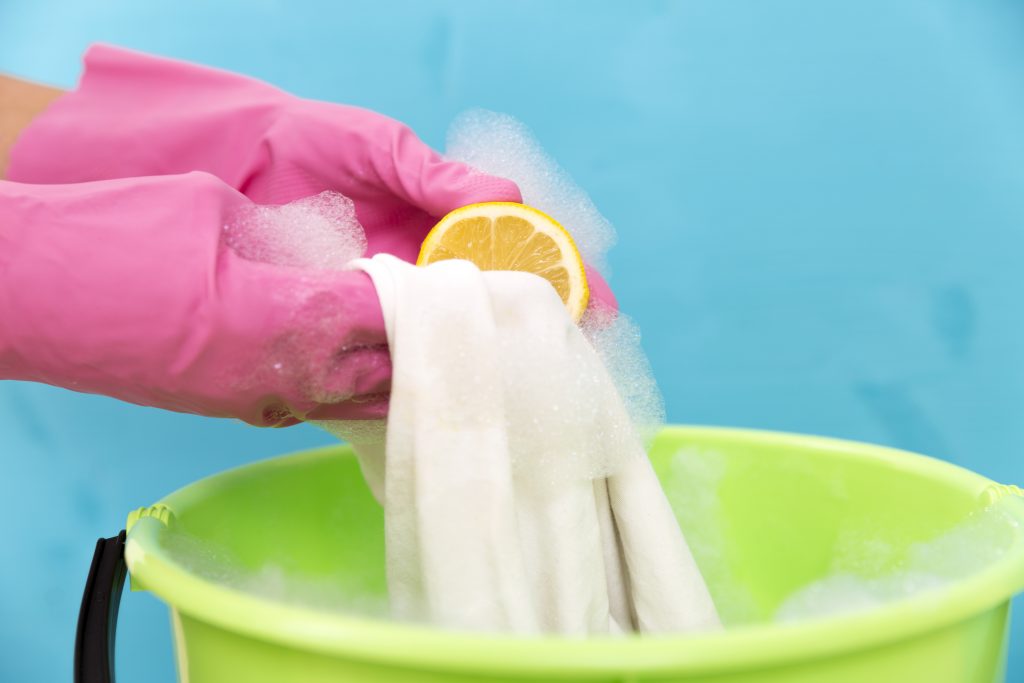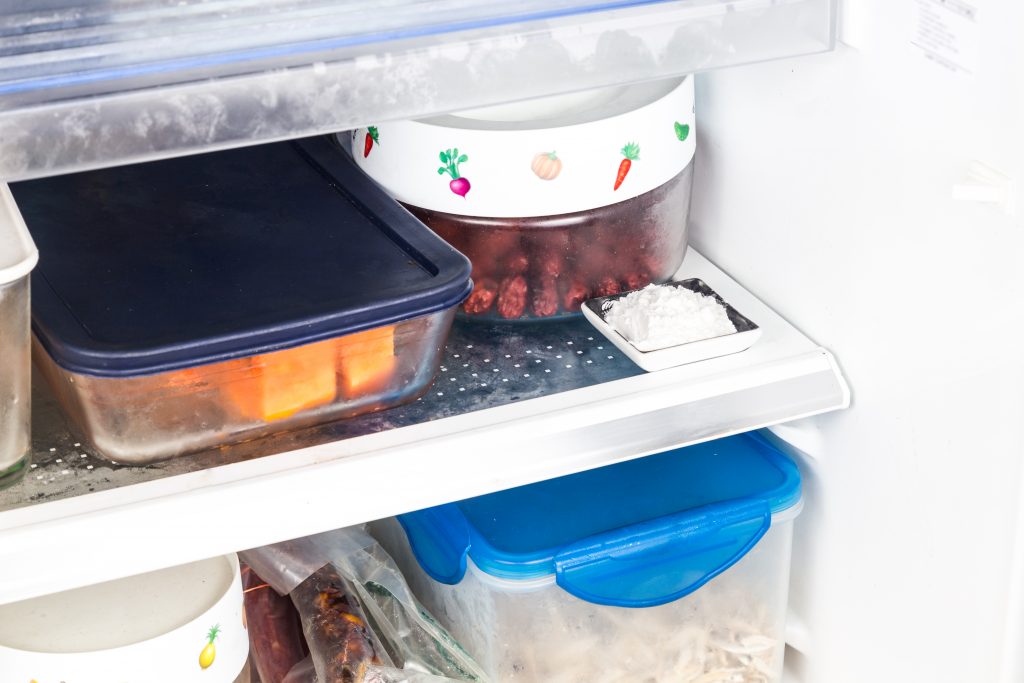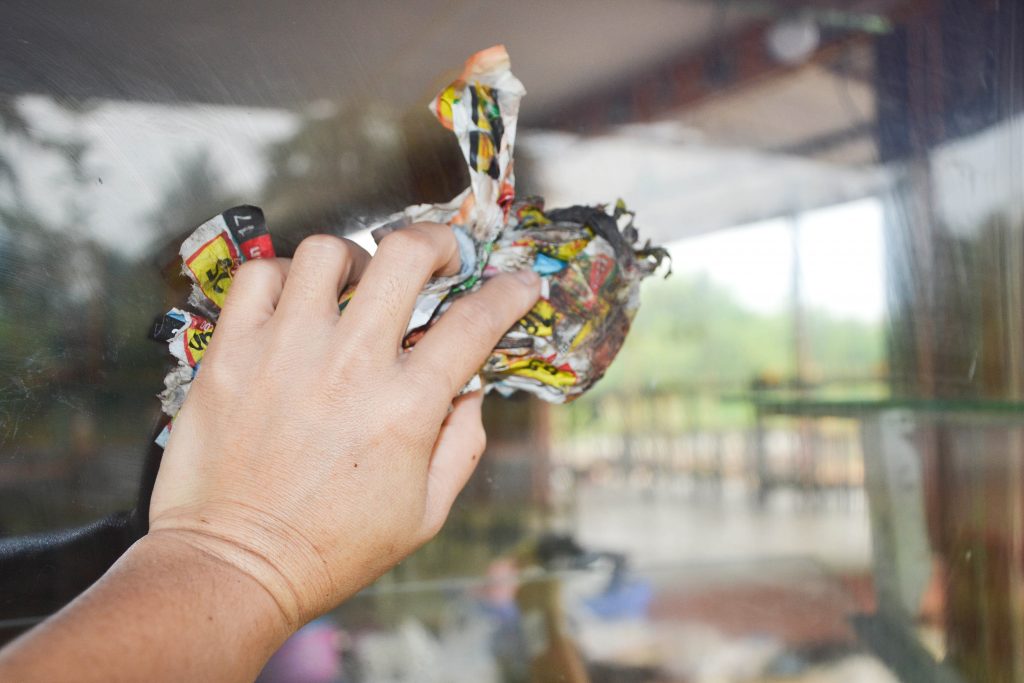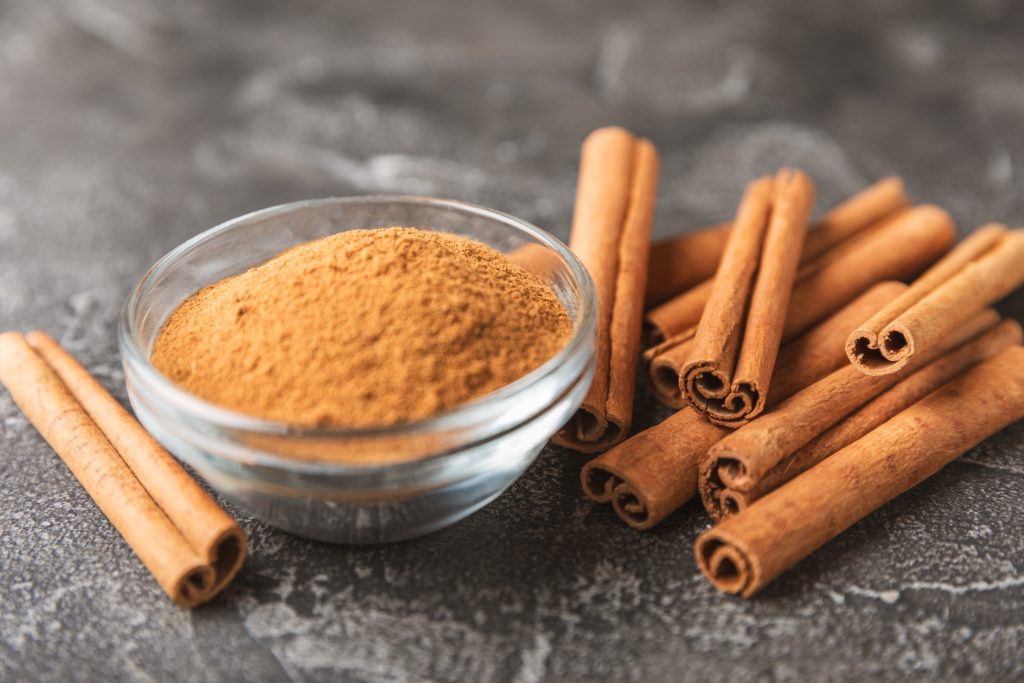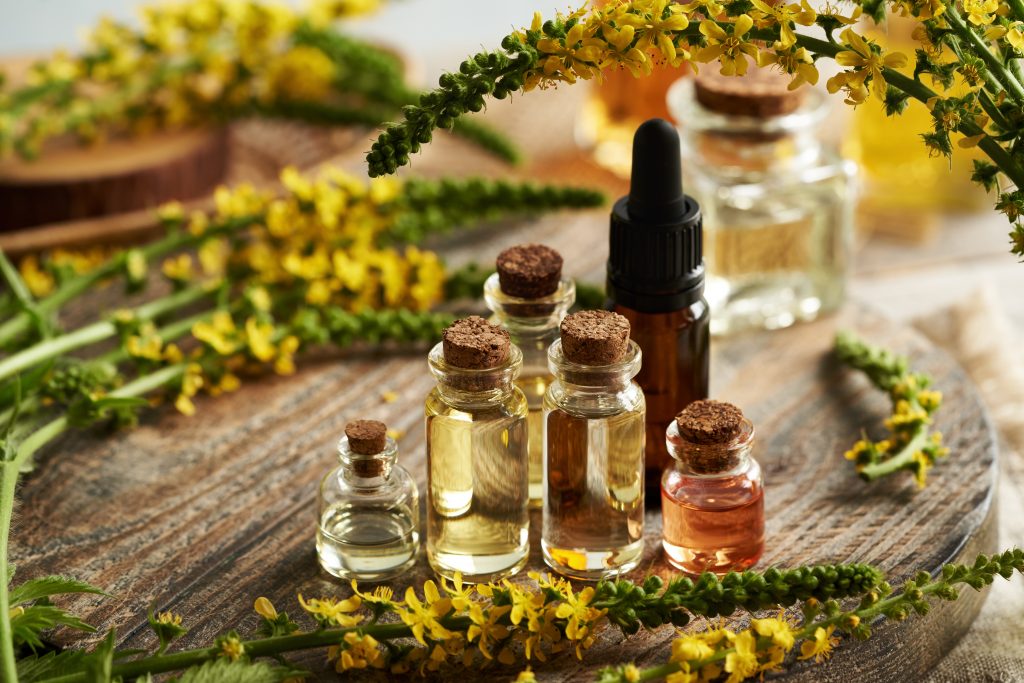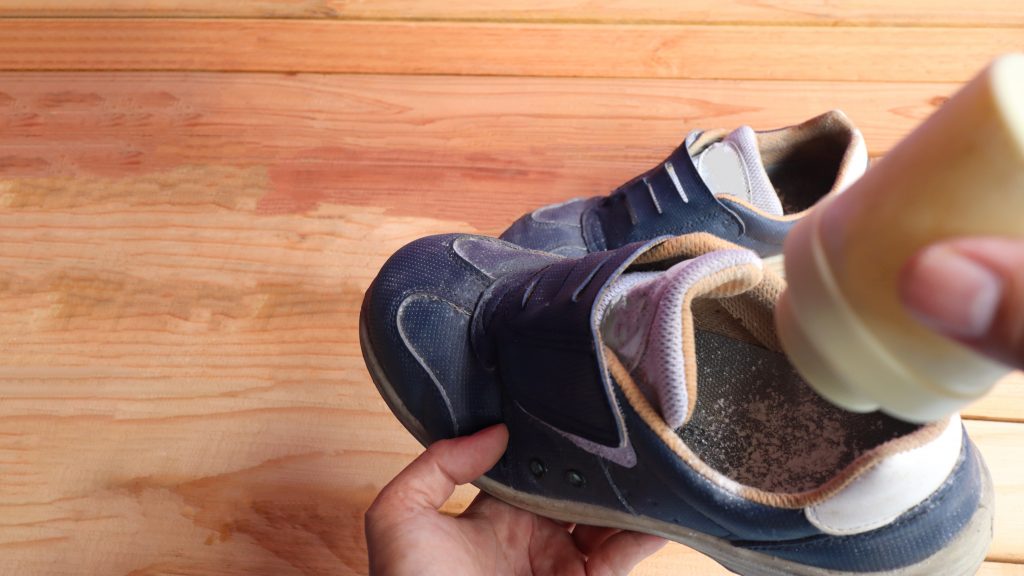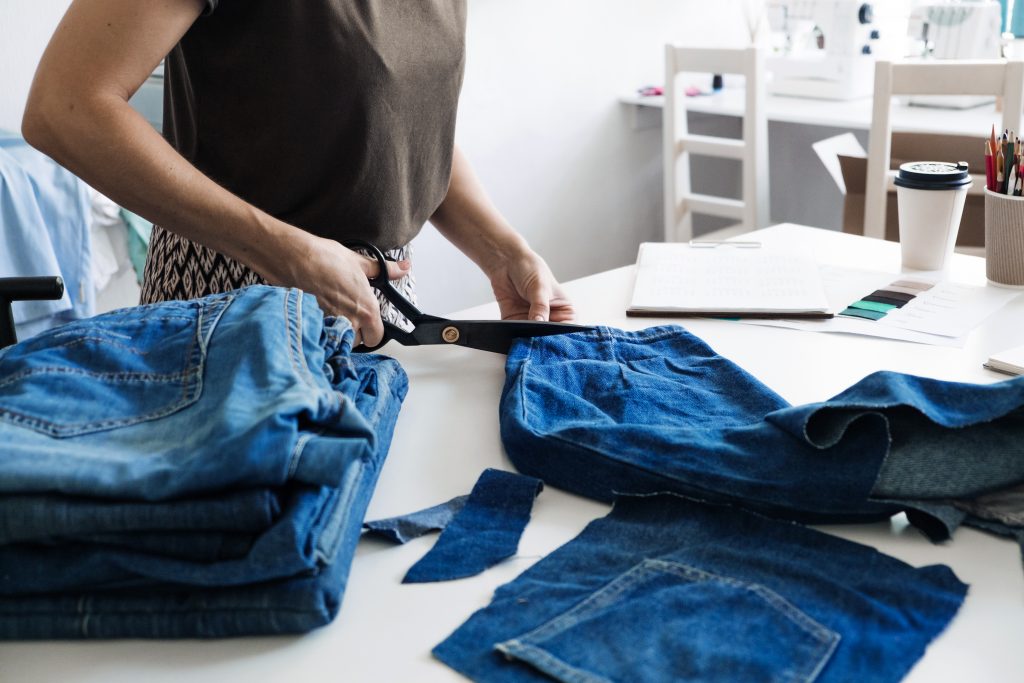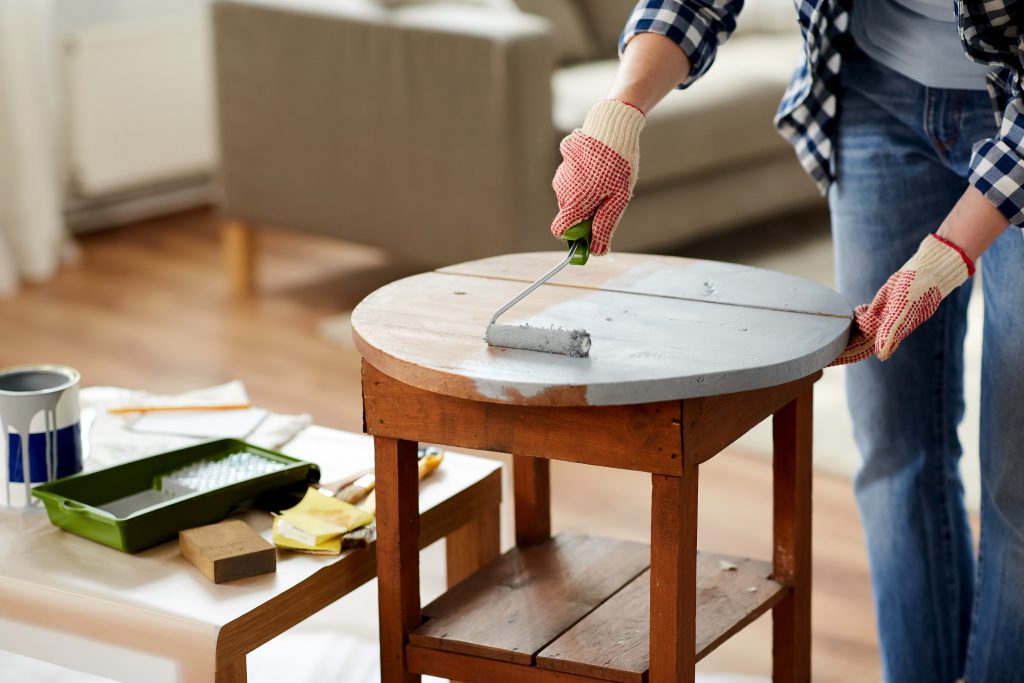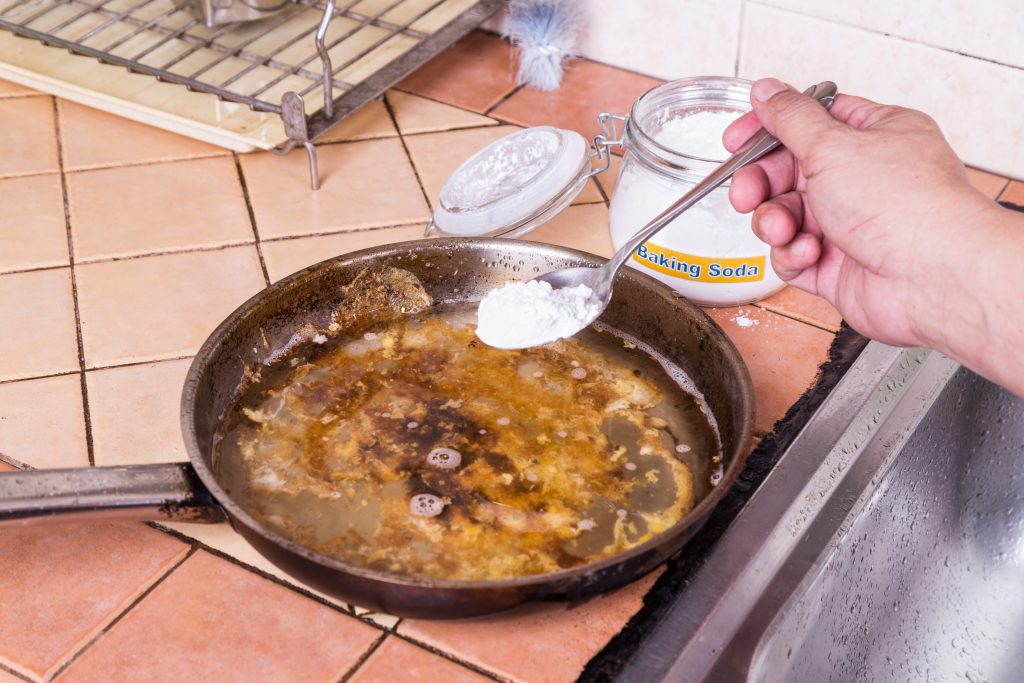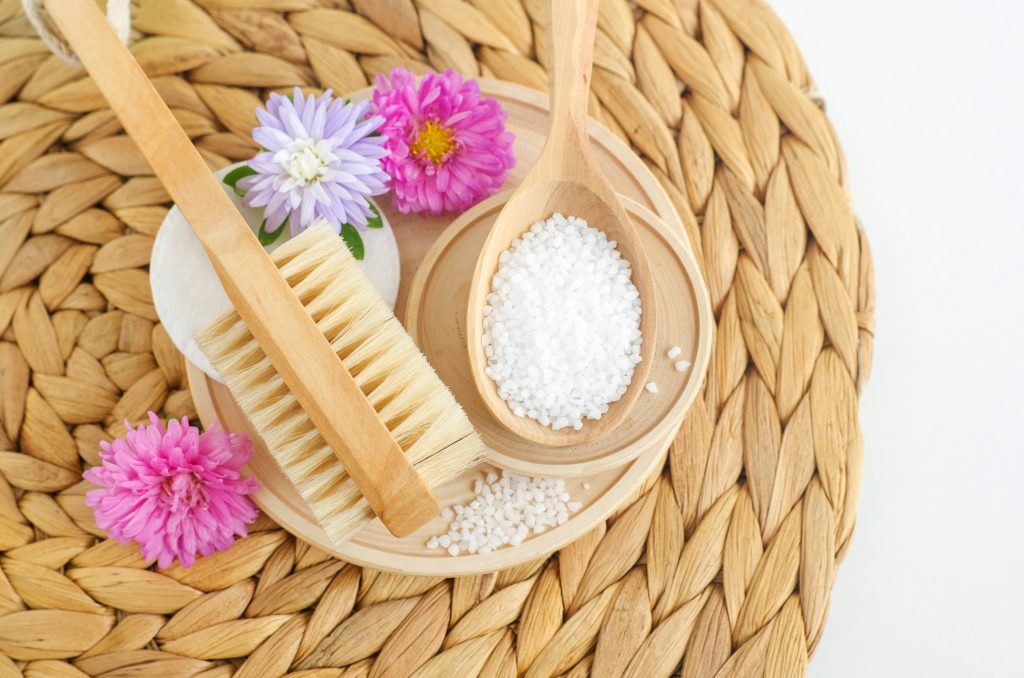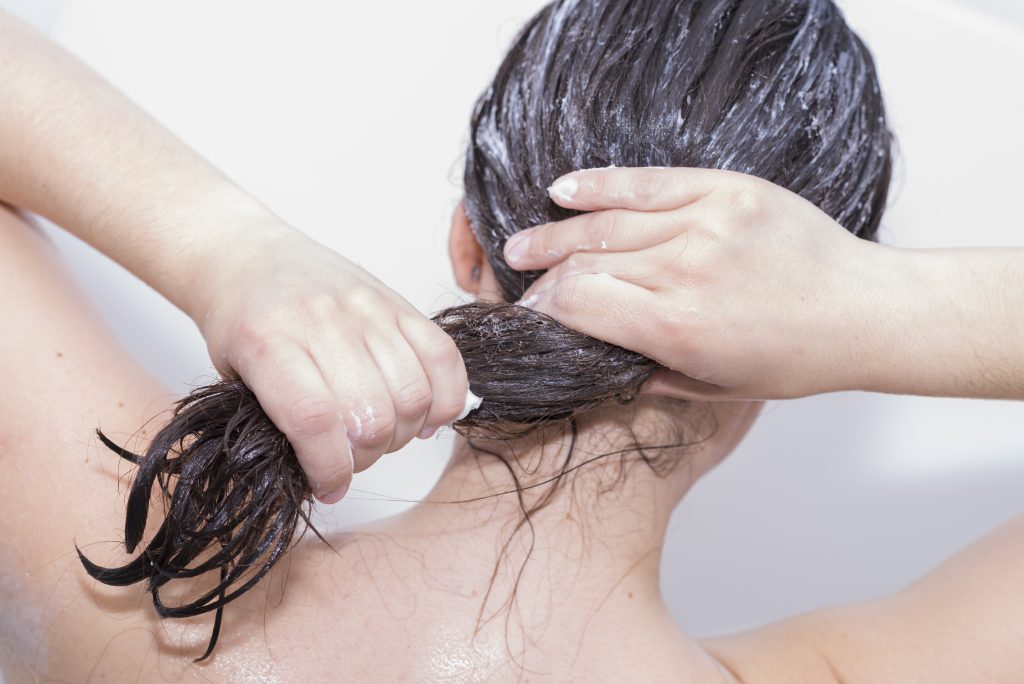Grandmothers are often full of wisdom passed down through the generations, from baking secrets to home remedies.
But while many of their tips and tricks are well-known and beloved, there are still plenty of old-fashioned hacks that didn’t make it into the family lore.
These clever tricks were once part of everyday life, helping people make the most of what they had, and they can still be incredibly useful today.
Here are some old-fashioned tricks grandma might not have told you about, but ones you’ll definitely want to try.
1. Use Salt to Keep Your Clothes Fresh
Before the days of fabric softeners and scented detergents, salt was a common tool for keeping clothes fresh and clean.
Adding a cup of salt to your laundry rinse cycle can help preserve the color and texture of clothes. Salt also works to neutralize odors, making it an eco-friendly option for keeping fabrics fresh.
It’s especially useful for dark-colored clothes, preventing them from fading prematurely. Simply add it to the wash, and your clothes will feel as good as new without the need for artificial chemicals.
2. Revive Dry Skin with Olive Oil
Long before fancy lotions and oils hit the market, olive oil was the go-to moisturizer for dry skin.
Known for its nourishing properties, it can be used in many ways to keep your skin soft and hydrated.
Massage a small amount onto dry areas like elbows, knees, or cuticles, and let it soak in for a few minutes. Olive oil’s antioxidants and fatty acids help lock in moisture, making it a natural, effective alternative to commercial moisturizers.
You can even add a few drops to your bath for an all-over skin treat.
3. Fix a Squeaky Door with Petroleum Jelly
Got a door that squeaks every time you open it? Instead of buying expensive lubricants, grandma might have advised you to reach for a jar of petroleum jelly.
Simply apply a small amount to the hinges of the door and swing the door open and closed a few times to work it in.
The petroleum jelly acts as a lubricant, stopping the squeak without leaving any messy residue. This old-fashioned trick is cheap, easy, and surprisingly effective.
4. Use Lemon to Remove Stains
Lemon is not only great for flavoring your dishes but also for cleaning.
Grandma may have used lemon juice to remove stains from clothing, especially on white fabrics.
The citric acid in lemon juice works as a natural bleaching agent. To treat a stain, simply squeeze lemon juice directly onto it and let it sit for about 10-15 minutes before washing.
For extra stubborn stains, you can also sprinkle some salt on top of the lemon juice to create a gentle abrasive that helps lift the stain.
5. Freshen Your Fridge with Baking Soda
Before the days of store-bought air fresheners and odor absorbers, baking soda was a common tool for keeping the fridge smelling fresh.
Simply place an open box or small dish of baking soda in the back of the fridge to neutralize odors.
The natural properties of baking soda help absorb any unwanted smells, leaving your fridge smelling clean and fresh without harsh chemicals.
It’s an inexpensive solution that works wonders in many areas of the house, including closets and trash cans.
6. Use Newspaper to Clean Windows
Grandma knew that a crumpled-up piece of newspaper was a secret weapon when it came to cleaning glass.
Instead of using paper towels or expensive wipes, simply wet the window with a mix of water and vinegar, then use a scrunched-up piece of newspaper to wipe it clean.
The newspaper’s fibers create a streak-free shine, while the vinegar acts as a natural cleaner. This method is not only effective but eco-friendly and cost-efficient.
7. Cinnamon for Fresh Breath
Before the days of breath mints and chewing gum, cinnamon was a popular choice for freshening the breath.
Its strong, spicy aroma and antibacterial properties made it an ideal option for maintaining oral hygiene.
You can chew a small piece of cinnamon stick or simply add a dash of cinnamon to your tea to freshen your breath naturally. The natural oils in cinnamon help fight bad bacteria in the mouth, leaving you with a refreshing, clean feeling.
8. Make Your Own Air Freshener with Essential Oils
Rather than spending money on synthetic air fresheners, grandma might have used essential oils to create her own natural air fresheners.
A few drops of lavender, eucalyptus, or citrus essential oil in a diffuser or mixed with water in a spray bottle can help freshen up any room.
Essential oils are known for their pleasant scents and natural cleansing properties, making them a safe and effective alternative to chemical-laden sprays.
9. Rejuvenate Shoes with Baby Powder
Old, squeaky, or sticky shoes can often benefit from a little help from a classic household item: baby powder.
If your shoes are getting a little sticky on the inside or creating squeaks with every step, a light dusting of baby powder can do wonders.
Simply sprinkle some powder inside the shoes and shake them around to distribute it evenly.
The powder absorbs moisture and reduces friction, helping to prevent those uncomfortable squeaks and keeping your shoes feeling fresh.
10. Repurpose Old Clothing with a Simple Hem
When clothes started to wear out, rather than toss them out, grandma knew how to give them a second life with simple hemming tricks.
If your favorite pair of jeans or a skirt has become too worn or too short, don’t rush to the donation bin.
Instead, try a simple hemming technique to breathe new life into old garments.
Even beginners can use fabric glue or a basic needle and thread to make quick fixes that extend the life of their clothes.
11. Restore Wooden Furniture with Oil and Vinegar
Wooden furniture can lose its luster over time, but grandma knew just the trick to restore its shine.
A simple solution of equal parts olive oil and vinegar can be used to polish wooden tables, chairs, and cabinets. The oil nourishes the wood, while the vinegar helps remove dirt and grime.
Apply the mixture to a soft cloth, then gently buff the wood to bring back its natural shine.
It’s an easy, natural alternative to store-bought wood polish and perfect for maintaining the beauty of antique furniture.
12. Soak Pots and Pans in Baking Soda
Before harsh chemicals became the norm for cleaning cookware, grandma would simply soak pots and pans in a solution of baking soda and water.
For stubborn food stains or grease buildup, add a generous amount of baking soda to the bottom of the pan, then fill it with warm water.
Let it sit for a while before using a soft scrubber to gently clean. This old-fashioned trick uses the mild abrasiveness of baking soda to lift grime without damaging the surface of your cookware.
13. Use Epsom Salt to Relieve Muscle Pain
Grandma knew that Epsom salt was a fantastic remedy for muscle aches and pains.
A warm bath infused with Epsom salt can help relax sore muscles, reduce inflammation, and promote overall relaxation.
The magnesium in Epsom salt is absorbed by the skin, helping to ease tension and improve circulation.
Soaking in an Epsom salt bath is an affordable and effective way to unwind after a long day or relieve discomfort from muscle strain.
14. Revitalize Your Hair with a Vinegar Rinse
If your hair has become dull or weighed down by product buildup, grandma might have recommended an apple cider vinegar rinse.
Mix one part vinegar with two parts water and rinse your hair with the solution after shampooing.
The vinegar helps remove residue from hair products, balances pH levels, and adds shine to your locks. This natural treatment is a gentle way to revitalize hair without harsh chemicals, leaving it looking and feeling soft and shiny.
15. Use Coconut Oil for Hair Conditioning
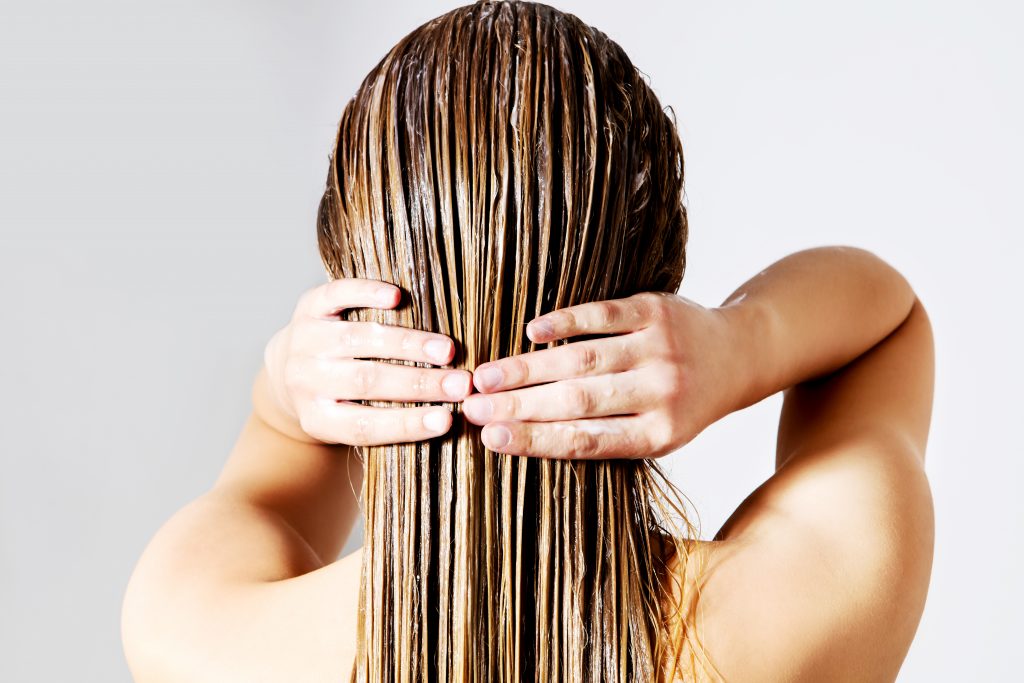
Grandma knew that coconut oil could work wonders for dry, damaged hair. She would apply it before washing, leaving it in for a few hours or overnight. This natural oil nourishes hair, adds shine, and prevents breakage. It’s a gentle, chemical-free way to keep hair soft and healthy, and it’s a fantastic alternative to store-bought conditioners that may contain harsh ingredients.
16. Save Leftover Bread for Crumbs
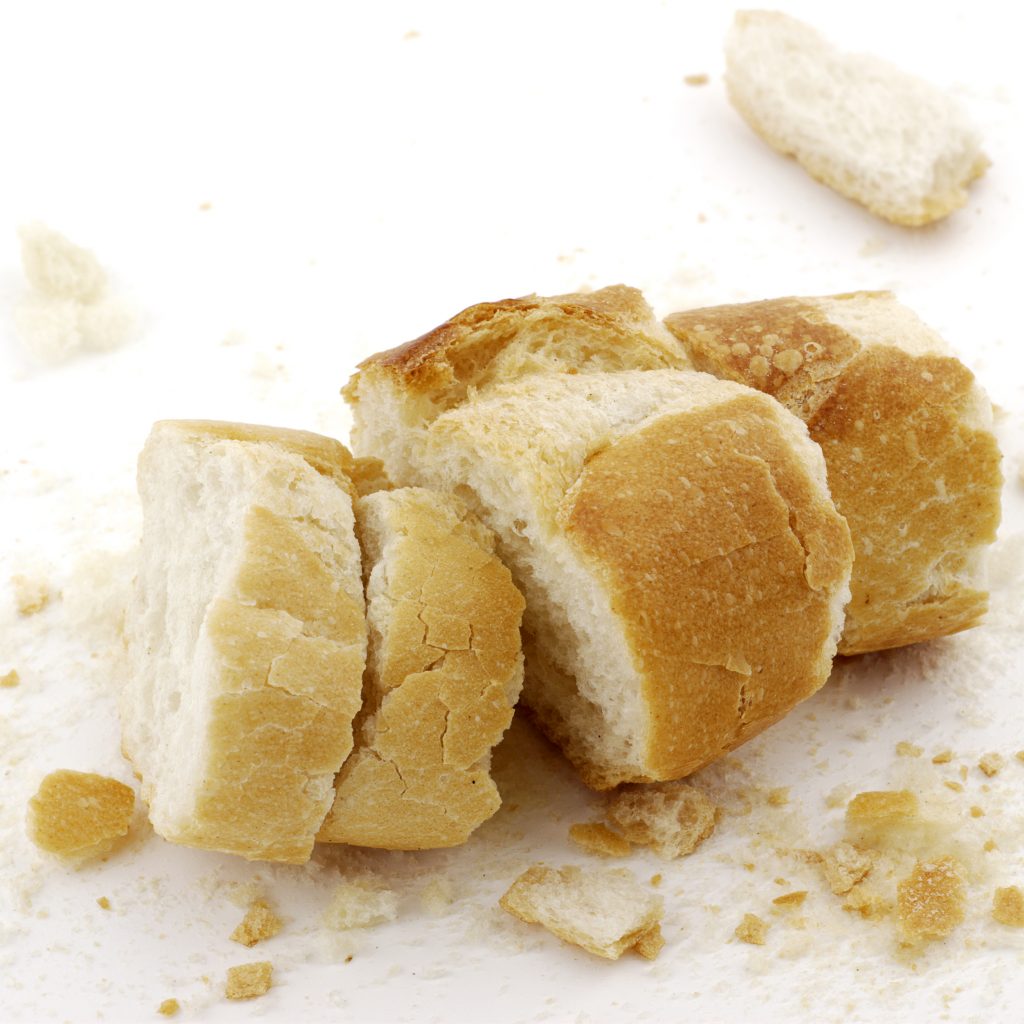
Grandma never wasted food, especially not leftover bread. Instead of tossing stale slices, she would dry them out and crumble them into breadcrumbs. These breadcrumbs could then be used in recipes like meatloaf, casseroles, or for breading fried foods. It’s a smart, eco-friendly way to use up food scraps, reducing waste and adding flavor to meals.
17. Use Vinegar to Clean and Shine Your Car
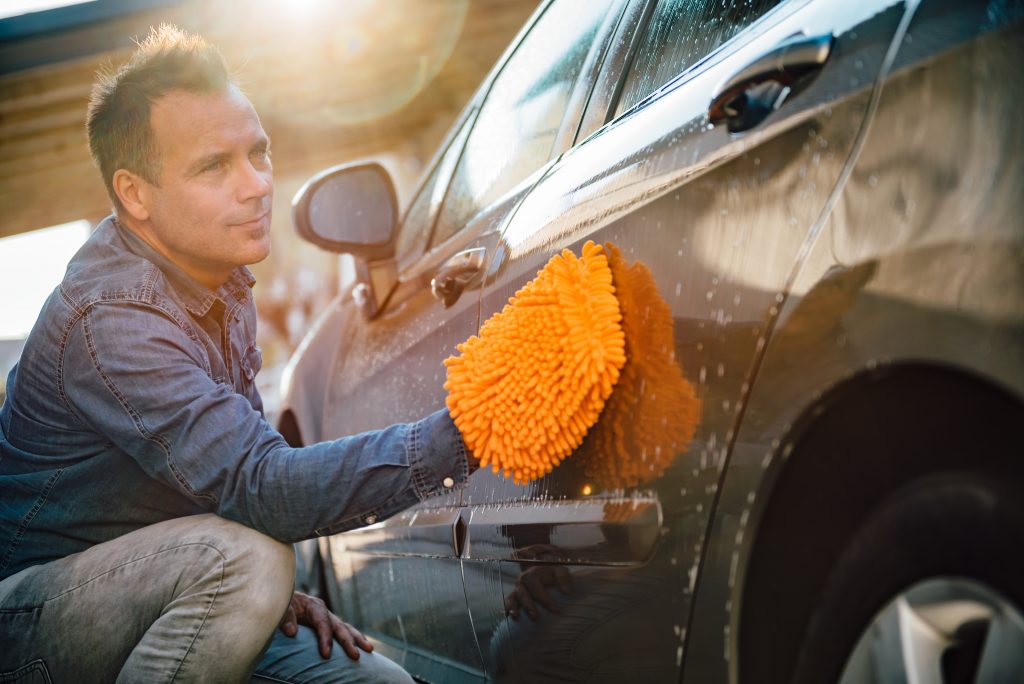
For a budget-friendly car wash, grandma would often turn to vinegar, which she diluted with water to clean the car’s exterior. Vinegar is a great natural cleaner and also works as a degreaser. It could remove dust, grime, and fingerprints without the need for commercial products. Plus, it helps restore the shine to the car’s paint, giving it a smooth finish.
18. Make Your Own Fabric Softener
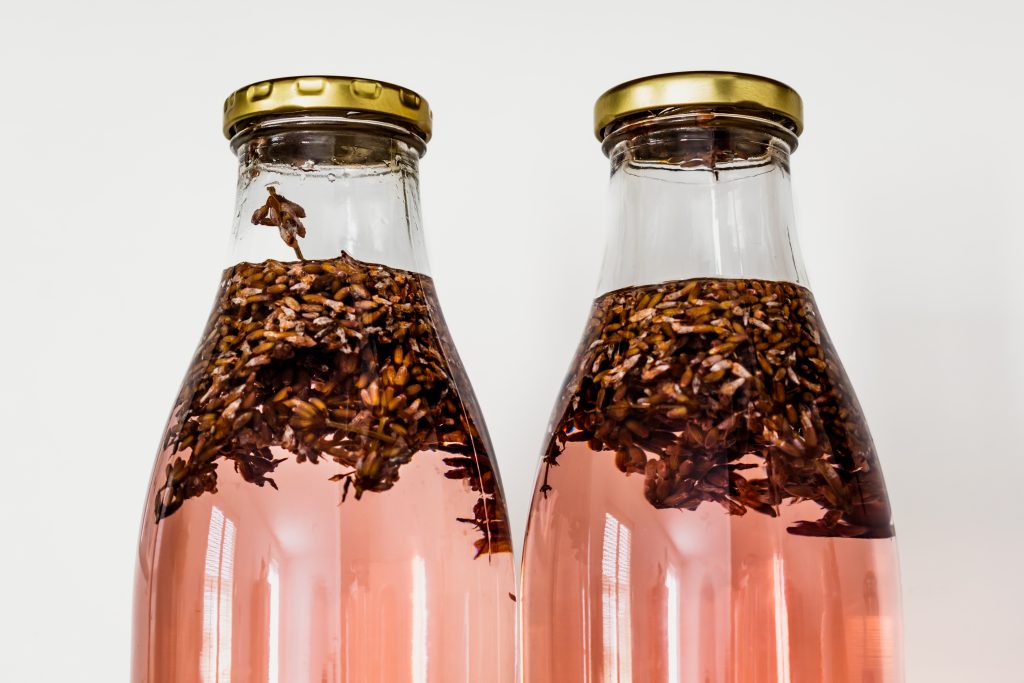
Instead of relying on commercial fabric softeners that may contain chemicals, grandma would mix vinegar with a bit of baking soda to create a natural alternative. This homemade fabric softener softens clothes and helps break down detergent residue. It also helps reduce static cling and keeps fabrics smelling fresh without any harsh scents or dyes.
19. Save Vegetable Scraps for Broth
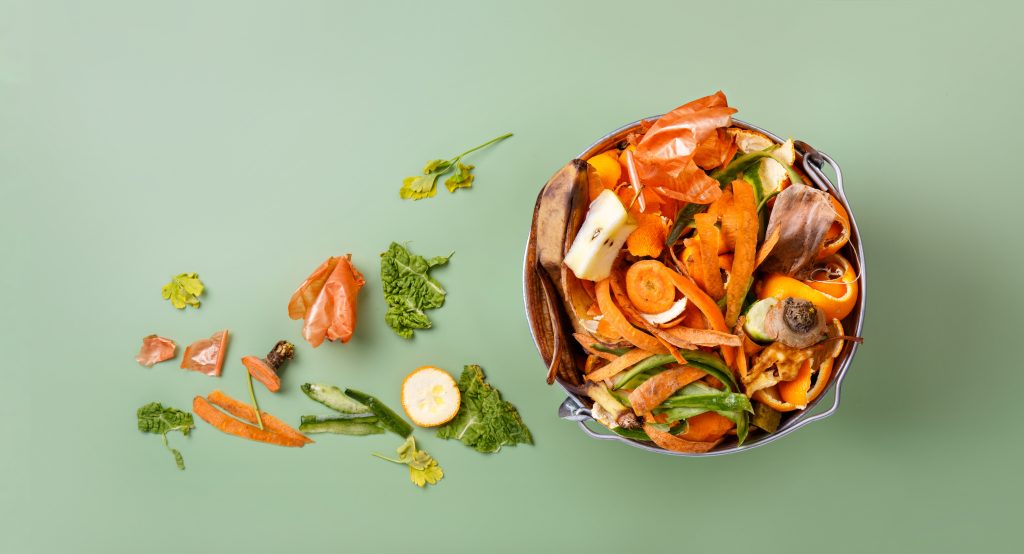
Grandma was a master of utilizing every part of the food she bought, especially vegetables. Instead of discarding carrot peels, onion ends, and celery stalks, she’d save them to make flavorful homemade broth. Simply simmer the scraps with water, herbs, and seasonings to create a delicious base for soups, stews, and sauces, reducing food waste and stretching the ingredients further.
20. Use Tea Bags for Eyelid Puffiness
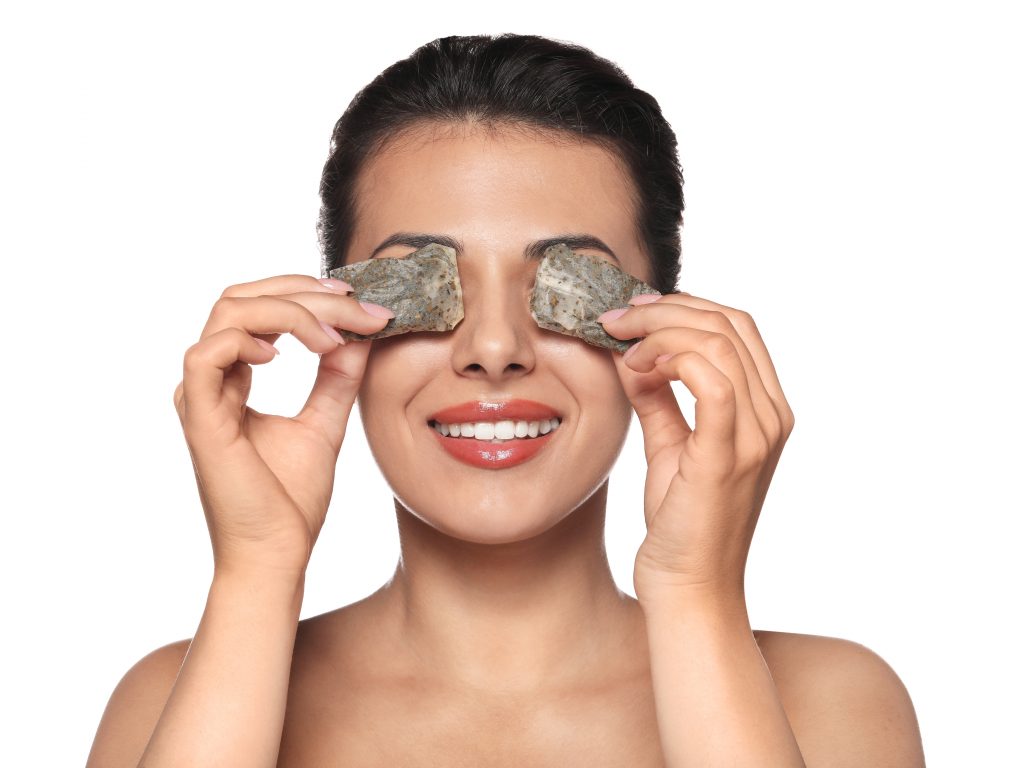
Grandma’s remedy for tired, puffy eyes was as simple as it was effective: tea bags. She would steep a couple of bags, cool them in the fridge, and place them over her eyelids for a soothing, anti-inflammatory treatment. The natural tannins in tea help tighten skin and reduce puffiness, making it an easy, gentle solution for eye strain or swelling.
21. Create Natural Bug Repellents
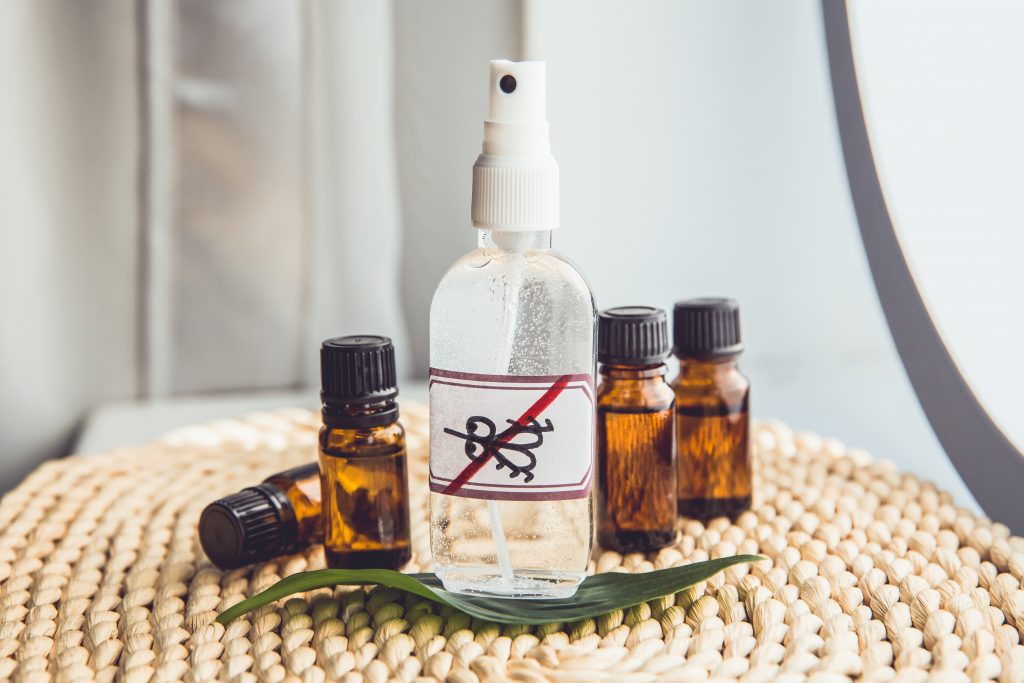
Instead of using chemical-laden bug sprays, grandma often turned to nature for solutions. She would use essential oils like citronella, eucalyptus, or lavender to make natural bug repellents. These oils can be mixed with water and applied to the skin or placed in diffusers to keep insects away. These homemade alternatives are safer for both the environment and your health, offering a natural way to enjoy outdoor activities without the risk of harmful chemicals.
22. Keep Silverware Shiny with Toothpaste
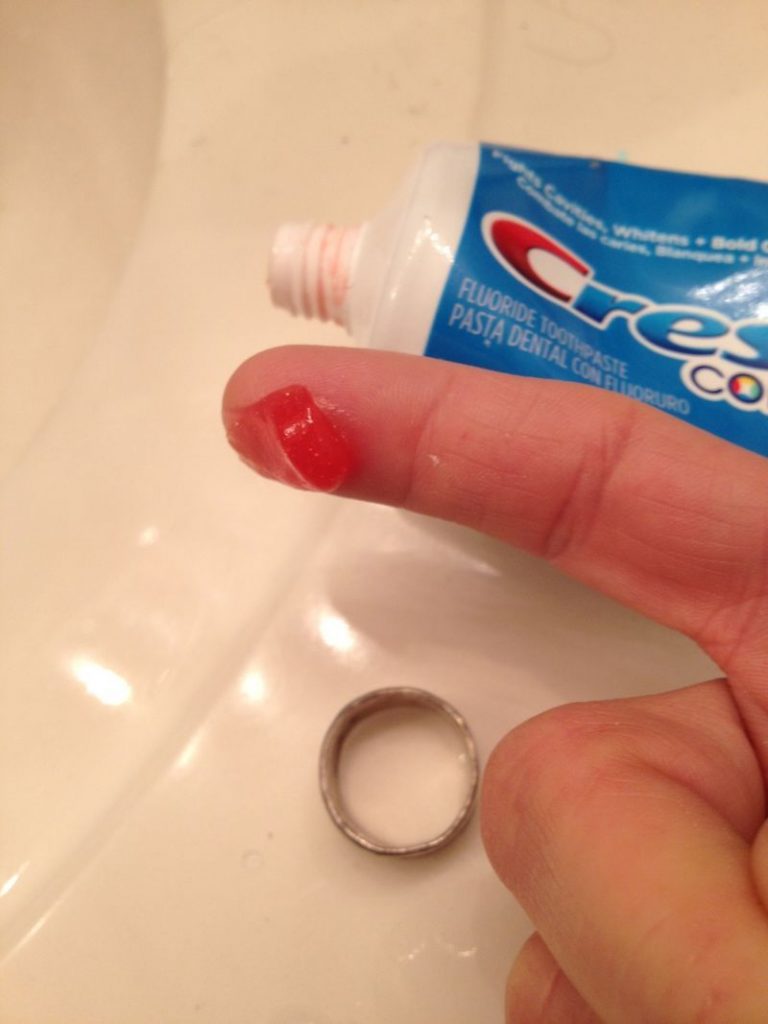
Before specialty silver polishes, grandma had a simple trick for keeping silverware sparkling—plain white toothpaste. The mild abrasives in toothpaste gently remove tarnish without scratching the metal. Just apply a small dab to a soft cloth or toothbrush, rub the silver in circular motions, and rinse with warm water. It’s a budget-friendly, effective way to restore shine to silverware, jewelry, or even brass items, keeping them looking as good as new with minimal effort.

